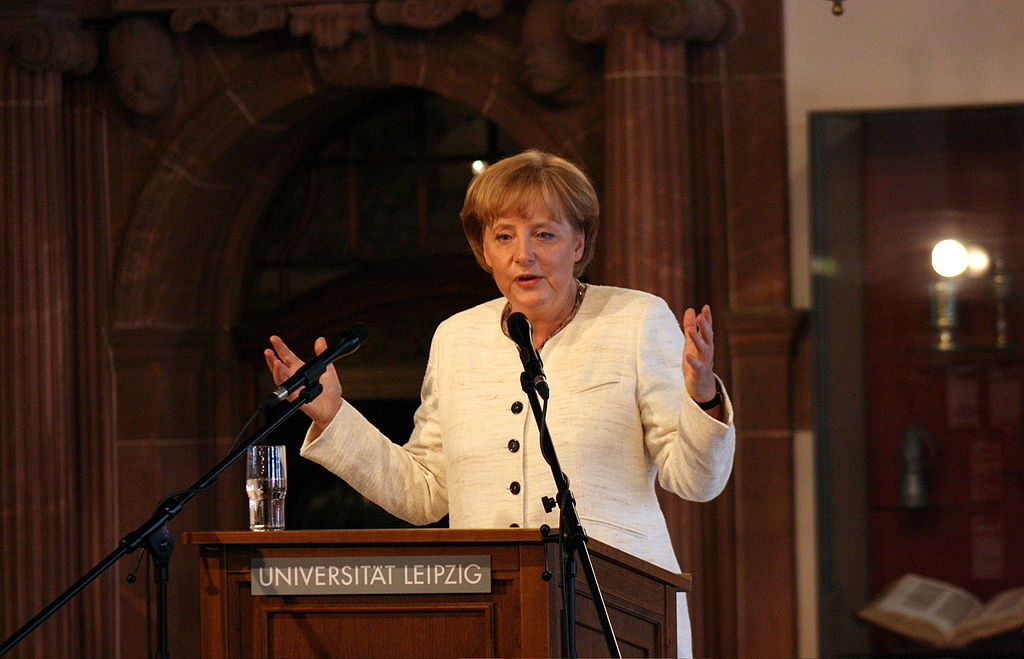Angela Merkel – A Portrait

world’s most powerful woman Federal Chancellor of Germany Dr. Angela Merkel
Oberservers say there has been an immediate sympathetic atmosphere when the Indian Prime Minister Manmohan Singh first met his German counterpart Angela Merkel at the Hannover Trade Fair in April 2006. He – the Sikh from Punjab- and she – the protestant woman from eastern Germany. Both not being the typical representatives of their state and only shortly in office. Both looking back at academic careers, making their way to politics through powerful mentors. He is internationally regarded as the architect of the reforms helping the Indian economy to grow like never before, she was considered to be the “World’s Most Powerful Woman” at present in Forbes Magazine.
Childhood in communist Germany
Merkel was born in Hamburg. When her father, a Lutheran pastor, received a pastor ship at the church in a small town in the state of Brandenburg, the family moved to Templin, north of Berlin- which was at that time considered communist East Germany. Even today that connection to her roots has quite an importance to Angela Merkel. She once said: “I consider it very important for political leaders, even when they are in government, to have a local voting district.” After spending her childhood in a small town, Merkel studied physics in Leipzig and earned her Ph.D. at the East German Academy of Sciences based on a doctoral thesis on quantum chemistry. And after being rewarded the doctorate, she worked in the research field.
At the age of 35 Angela Merkel got involved in the growing democracy movement after the fall of the Berlin Wall in 1989. She joined the newly established party Demokratischer Aufbruch- Democratic Awakening. After the collapse of the communist regime, she appeared on the political stage for the first time. Following the first democratic election of the East German state, she became the deputy spokesperson of the new pre-unification caretaker government. At the first pre-unification general election in 1990 she was elected to the Bundestag and her party merged with the West German CDU (Christian Democrats).
Kohl’s Girl
Shortly after this, Angela Merkel’s career took off. The West German Chancellor Helmut Kohl named her his Minister for Women’s and Youth Affair. In 1994 she became Minister for Environment and Reactor Safety and was the youngest minister in Helmut Kohl’s 3rd cabinet. As his protégées, the media called her “Kohl’s girl”. During this time she surely gained a greater political visibility and a platform on which she could build her political career. Despite her male colleagues Angela Merkel was not trying hard to earn political prominence, she was rather pulling the strings strategically from behind. She first came to prominence during the CDU party slush scandal by criticizing her former mentor Helmut Kohl and advocating a fresh start of the party without him. When Kohl lost the election in 1998, Merkel was named the Secretary-General of the CDU. In 2000 Merkel was elected to become the CDU party chairman, thus becoming the first female chair of her party. Even though opponents stated that she lacked all the attributes which are necessary to become a successful politician since the hasn’t been a member of the Youth Association of her party and thus didn’t seem to have a broad base of political contacts. And as a protestant lady she doesn’t quite fit the original composition of the party: the CDU is a male-dominated, socially conservative party with deep Catholic roots. But as the leader of the CDU Merkel enjoyed more and more popularity. From 2002-2005 she was the chairwoman of the CDU-CSU (Christian Social Union-sister party of the CDU) parliamentary party group.
First Female Chancellor
In the federal election in November 2005 Merkel ran against former Federal Chancellor Gerhard Schröder. She won, became Germany’s 8th post-World War II leader and now leads Germany’s Grand coalition. Dr. Angela Merkel is simultaneously the first female Chancellor of Germany since it became a modern nation-state in 1871 and also the first eastern German to hold the office. She is the youngest person to be the German Chancellor since the Second World War. And in 2007 she became the second woman to chair a G 8 summit after Margaret Thatcher. As a strong self-confident female politician from a centre right party and a scientist, Merkel has been compared by many to the former British Prime Minister Thatcher. After her election Social Democrat Peter Struck pointed out: ”Any woman who can fight her way to the chancellorship of the Christian Democratic Union has certain strengths!” Observers say she will surely need her reputed toughness to push fundamental reforms through while holding a potentially fractious Grand coalition with the Social Democrats together. When Merkel became Chancellor two years ago Germany had the lowest economic growth in Europe. Thus she announced in her first government address the objective of improving the German economy and reducing unemployment. In early 2006, polls showed that Angela Merkel had the highest approval rate among Germans ever to be recorded for a chancellor since 1949. However her popularity has fallen and risen on and off since then.
On the way to India
India has been a stranger for Angela Merkel so far. But her visit to the Asian country is coming up soon: in autumn of this year Germany’s Chancellor will join a business delegation to visit India. It will be her first visit to India.
Text: Daniela Singhal
Bild: Angela Merkel after receiving an honorary doctorate at Leipzig University
Episode 02/23 Wisdom Workshop: Sustainability – Cradle to Cradle with Heike Petersen Cunza (German)
With Wellicious, Heike has developed a brand for yoga clothing that focuses on honest and traceable sustainability. We talk about her path to becoming self-employed, which inner and outer processes the mother of three has gone through and which hurdles there are in building a sustainable brand. In this interview, we look at different aspects that are necessary to be able to grasp the complexity behind it. Thank you Heike, for this valuable interview, from which companies, suppliers and consumers can learn.
Pixabay Image by Gert Altmann
Episode 01/23 Wisdom Workshop: SCRUM in Intercultural Teams with Elisabeth Tieben (German)
What is Scrum? How can agile work be well designed in an international context? What are the challenges of agile working in a team that is collectivistic and hierarchical on the one hand and individualistic on the other? The independent systemic consultant, Elisabeth Tieben, has gained over 12 years of experience in agile project teams as an employed product manager, before she started her own business in 2022. I talk with her about the questions above.
Have fun listening to our conversation.
Episode 01/22: Daniela Sarrazin interviews me about “Endure and Trust” (German)
The first podcast this year, and this time I am interviewed by Daniela Sarrazin. Daniela describes the content in her introduction as follows: “In today’s podcast I get to have a wonderful, almost philosophical conversation with Purvi-Shah-Paulini. In it, we are talking about “enduring and trusting”. With a wonderful lightness, we address the topics of “enduring what is”; what “the” process of change does to us”; “trusting myself”; “accepting what my counterpart is all about”; “trusting your own life”; and ultimately, “believing that everything will be okay.””
Thank you, Daniela, for the lightness in this interview. I really enjoyed being on the “other side” for a change.
Episode 14/21: Wisdom Workshop “The Hayden Model” Interview with Julia Hayden (Interview in German)
“What are chakras in Hinduism are wheels in Taoism, for example, are plexus in popular medicine and spheres of the tree of life in Kabbalah. What in TCM is QI, we know in the West as breath or body fluids, the Vedas call it Prana. And in Japanese medicine the syllable “ki” in the word Reiki corresponds exactly to this life energy.
What in Hinduism are koshas, in conventional medicine are described as biosocial effect chains, and in Kabbalah teachings are levels of worlds.” From the manual The Hayden Model by Julia Hayden.
The Hayden Model serves as a facilitating toolbox to get closer to your inherent wisdom and power for self healing. It combines in a simple way, Western conventional medicine with Traditional Chinese Medicine, with Jewish Kabbalah teachings, with Vedic philosophy from India, with your own knowledge.
The teaching cards explain in their simplicity through pictures and words the interaction of all levels of your being. They are very specific to use, adapted to the particular body, practical to implement, easy to understand and simple to use.
Episode 13/21: The Wisdom Workshop on “Experiencing Leadership with Horse Coaching” Interview with Claudia Ahl (Interview in German)
“My vision is to create a humane environment for doctors, medical professionals and patients where health and healing can take place.”-Claudia Ahl
For 20 years now, Claudia Ahl’s heartfelt desire has been to help people develop their greatest potential and integrate it into their lives. For more than three years she has been applying her knowledge mainly for medical practices and clinics.
Together with her cooperation partners, Claudia has developed holistic solutions for the medical field that solve the main bottlenecks of personnel, structures and leadership issues. What can you learn from horses about leadership? Listen in.

